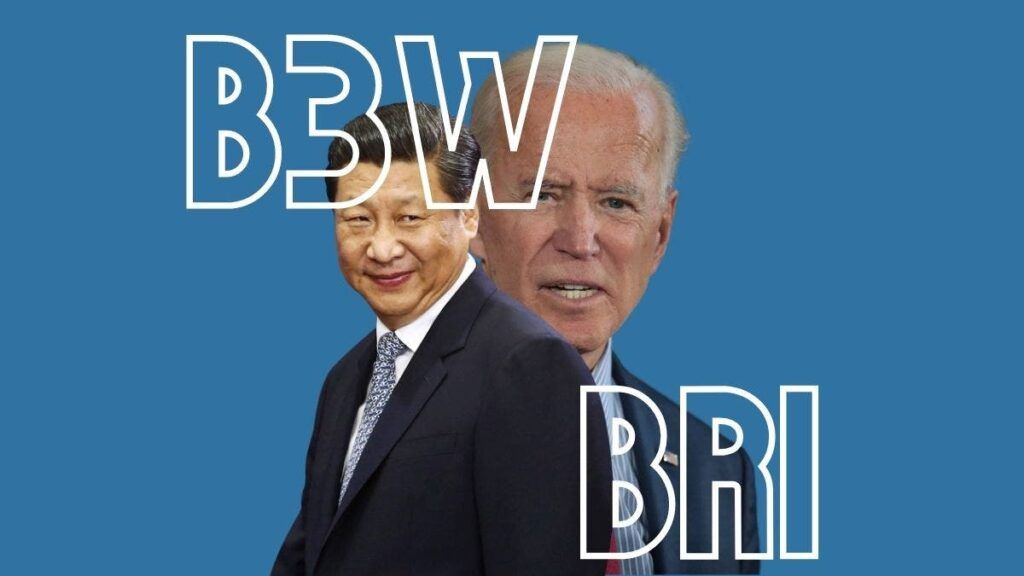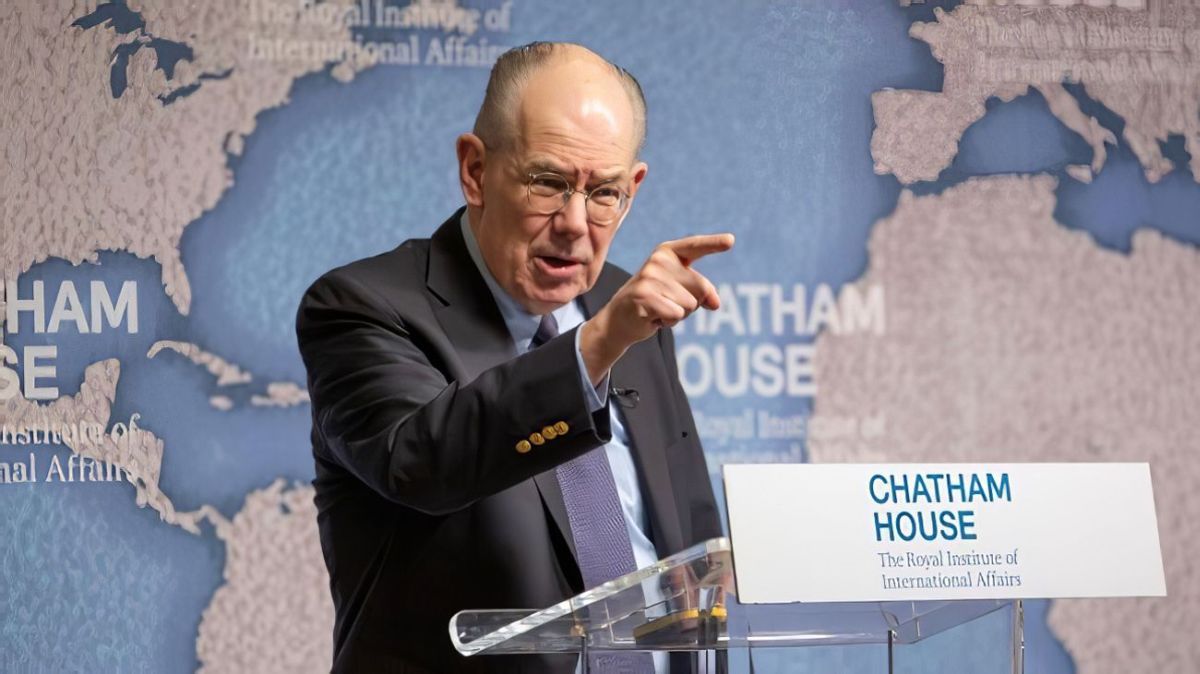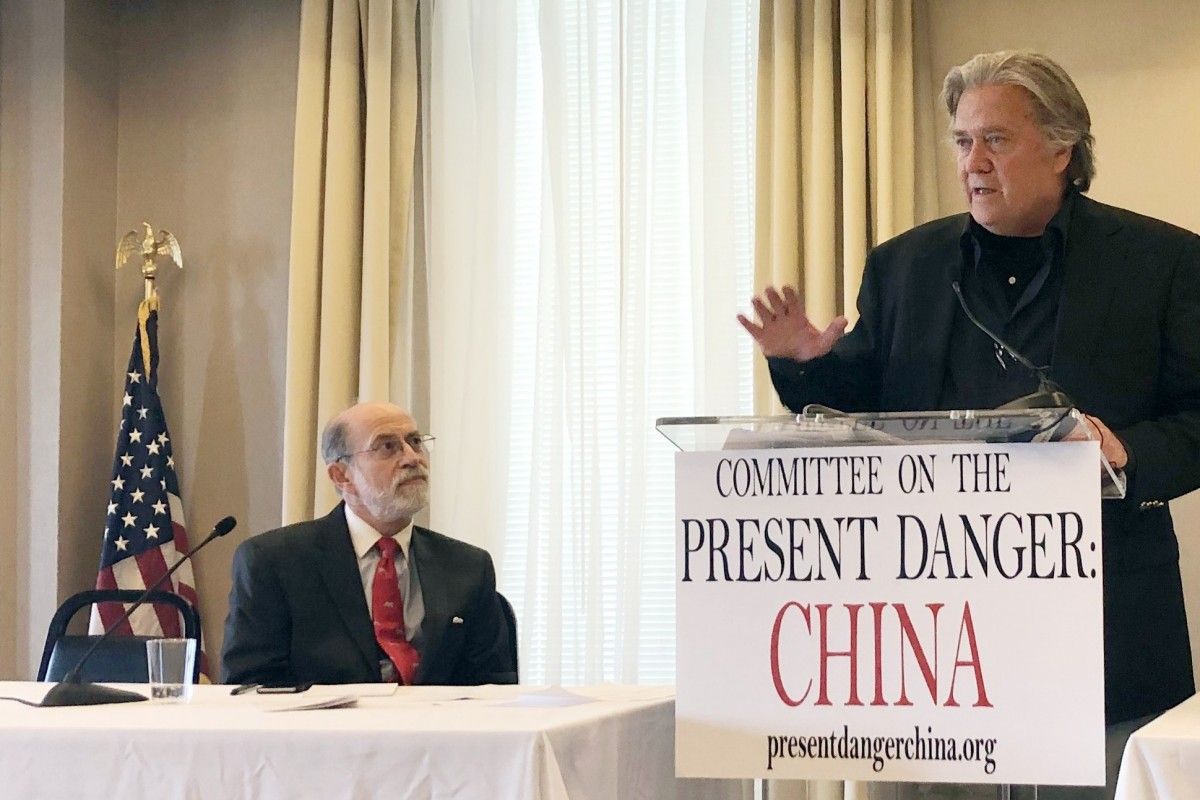Joaquin Flores
Globalization is being wound down so that western elites can reinforce control over their current zone of hegemony, Joaquin Flores.
The 47th G7 summit held on 11-13 June 2021 in Cornwall carried the motto 'Build Back Better World' (B3W), the mantra of the IMF's 'Great Resetist Regime'.
What 'Build Back Better' amounts to is a Globalist gambit to retain power amidst vastly changing conditions. It recognizes, as does Klaus Schwab of the World Economic Forum, in his text 'Covid19: The Great Reset', that globalization will be curtailed as a consequence of the political response to Covid.
The G7 summit gave new meaning to 'Building Back Better', which was posited as an alternative to the Chinese Belt and Road initiative.
This revealed that the planned demolition to economies and global trade, and supply-lines of the western economies, was also a move to unwind the globalization project by disconnecting from China.
As we have written for over a year, the Great Reset is about pushing forward on two directions which at first pass seem contradictory: the end of Globalization as we have known it, but an end being carried out by the Globalists themselves despite their own wishes.
Of course the Globalists are only recalibrating, after their failure to entirely destroy the Middle-East and Russia, gambits aimed at creating an ever growing black hole of destabilization and various medieval caliphates and neo-Nazi strongholds superimposed in Mad Max fashion on the ruins of Pan-Arabism and the Soviet Union.
After all, they are only 'globalists' as a means to an end. If there is an angle to retain power in the part of the globe they have conquered at the expense of 'the rest of the prize' that is out of their reach (Russia, China, etc.), then so be it.
The ex-globalists' new multipolarity will be defined by apparently 'competing' civilizational zones which mirror each other in terms of the coercive methods of the state (social credit, neural-implants, lockdowns when desired, media censorship), but position themselves geostrategically in a permanent state of war. But this approach is wholly unnecessary, and works against the interests of Americans.
John Mearsheimer warns of a possible U.S.-China war in 2021 at Chatham House
Elites would probably find the analysis of J.J Mearsheimer in articles like 'China's Unpeaceful Rise', (Current History, 105, 690 [2010]) to be of utility. Mearsheimer's broader conclusion being to untangle the western economy from China as much as possible, and in so doing preserve the U.S.'s military status.
When we add in the view of the WEF, we see the potential for a new system that redefines the matrix of power away from speculative and global economics, and purely towards coercive technologies like those seen in ancient hydraulic societies as described by Karl Wittfogel (1896-1988) in his seminal 1957 work published by Yale University, 'Oriental Despotism: A Comparative Study of Total Power'. It is this right here which presents the real horror-show implicit in the Great Reset, not China.
Peaceful Co-Existence: An Opportunity Lost?
The 'Biden Administration' is carrying forward the position of the Trump Administration on the question of China, but in a way that more closely coordinates with the Trilateralist deference to the needs of European centers of capital.
This is purely a geopolitical orientation, in a world where geopolitics as we know it is coming to an end. If the U.S. moves to confront China in ways that do not allow Russia to integrate with the EU, then there are numerous scenarios in which either Russia or the EU will form a solid bloc with China that would carry forward through the coming period of intensified military and economic tension against the North America zone and Anglo-Oceania in general.
Historically these considerations were reasonable. But these geopolitical considerations are being pushed forward by vested interests who inherited a world view from 19th century realism.
We are in an age where the substitution of raw materials by synthetics is at hand (energy expenditure, not know-how, is the chief obstacle), and 3D printing together with robotics promise to eliminate the necessity of globalized production. So we ought to treat with great suspicion moves which appear to carry forward a geopolitical orientation based on 19th and 20th century conceptions of supply line security and the internationalization of production. These concerns are still true for the time being, but not for so long that it justifies the unabated inertia of institutions and power-structures dedicated to globalization and the confrontation that stems from it.
American workers and industrialists alike are right to push on their elected representatives to create a system of barriers and tariffs that protects the American economy, and creates an American system that advantages domestic production over foreign imports.
Problems of employment, dwindling opportunities, and impoverishment are not merely forward looking concerns, but a problem already being confronted by tens of millions of Americans.
There is no doubt that at the present-time, the U.S. and China are geopolitical rivals, and yet both are part of an integrated global economy in which the failures of one would produce consequences that would greatly harm the other.
There are any number of future possibilities that could see the U.S. and China work together on long-term scientific and technical endeavors, such as terraforming deserts, or deep-sea exploration. There are diseases that researchers from both countries could collaborate toward ending. High speed rail for transiting goods and materials before materialization becomes energy efficient, could connect both zones through the Bering Strait. And while there are so many future possibilities, the endemic problems created by the commitments of American elites appear to preclude such possibilities.
The rebooted 'Committee on the Present Danger' with former Trump advisor Steven K. Bannon has a particular obsession with anti-China rhetoric. But under examination, this Sinophobia presents a strange contradiction: Bannon continually heaps praise on Chinese people, Chinese culture, and Chinese history. Listening to what he has to say, you'd think his love of China has motivated him to oppose a tyrannical rule under the iron boot of the Communist Party.
Steve Bannon, watched by Frank Gaffney, speaks at the launch of the latest iteration of the Committee on the Present Danger last month. Photo: Robert Delaney
Sinophobe Deficiencies: Twists and Turns
Bannon's podcast 'War Room: Pandemic' has been an important community hub for Americans concerned with election integrity, and re-building the Republican Party as a grass-roots workers' party. Much of the content serves to empower and educate his audience. But whenever the subject turns to China, we stop being informed and begin to be indoctrinated.
While Bannon is hardly alone in the fixation on China, indeed the China 'trade-war' was an initiative of President Trump, his modus operandi serves as an adequate representation of the real problem at hand.
You see, the actual issues are geopolitical in nature, and geopolitics deals with sovereign states and their institutional ability to project various kinds of power, including soft-power. And geopolitics is a different question from critiquing the legitimating ideology of another society, its Ideological State Apparatus (or ISA).
The line that Bannon presents to the audience (but likely doesn't believe himself) is that the problem is that China is led by a communist party.
We wouldn't be making a leap to deduce that he doesn't really believe that the 'Communist Party' leadership is the problem, because as a person educated in strategic studies and geopolitics, he would know that any iteration of China would have some sort of legitimating ideology.
In international relations (IR) we understand that states operate within their interests, and so the legitimating ideology of that society - to the extent that it doesn't preclude a rational understanding of its own geopolitical interests - is not so much the consideration.
Rather, it is as Kenneth Waltz proposes in his seminal 1979 work, Theory of International Politics , the structures of the political units in a society determine the decision making process far above and beyond the political proclivities or beliefs of the actors (personalities) within those units.
Kenneth Waltz - photo credit: Bonnie Rose Shulman
It's only when we look at this through the lens of great-power rivalry, and weakening a rival state by trying to delegitimize its ideological and social apparatus through soft-power methods, does its official ideology come in to play. Then a rival state could attack that ideology to weaken its power. But any state would have some ideology or other.
When we consider that there is no argument at all that China is failing to be a regional hegemon, then attacking the rationality of its system is a non-starter. It's abundantly clear that Chinese leadership is rational and operates the state efficiently in the interests of that state. All societies have elites, which form the top of the power structure, and so the stability of those elites and the stability of the entire social structure run very closely in tandem.
Oddly, that above understanding is both a realist and conservative reading on the nature of hierarchies, societies, stability, and states. That's why Bannon's sudden and incoherent idealism on China is transparently forced and artificial.
That best explains Bannon's attacks China from the angle of 'human rights', where he puts on the hat of an anti-imperialist, and criticizes its market-driven interests in other parts of the Global South. Or even its real-estate adventurism in mature economies like those of New Zealand and Australia. But one cannot articulate that it is a failing system.
Bannon suddenly professes to be the champion of Muslim Uighur minorities in China, while simultaneously bemoaning that (in his view) Muslims in other countries are failing to modernize and secularize to the standards of civility. While rightly railing against ISIS/Al Qaeda in the Syrian War and lauding Trump's pull-out (which allowed Russian and Syrian forces to finish-off ISIS), he fails to mention that radical Islam in a segment of the Uighurs was so pernicious that whole brigades of ISIS were composed of this Turkic minority.
Clip from a video purported to show Uighur boys indoctrinated in the ways of ISIS' jihad
And so naturally he fails to include that China's efforts in the Xinjiang Uyghur Autonomous Region (in Northwest China) to modernize, educate, and secularize that minority are precisely what he says needs to be done with Muslims throughout the world, whether those Muslims are in their indigenous lands (especially concerning Israel) or are migrants to Europe and the U.S. and beyond.
The problem for Bannon is that China is successful and powerful. If, by some twist of fate in 1948-49, it was the KMT Nationalists who retained power in China, we would have more than likely seen a very similar outcome if its leadership was comparably entrenched in the rationalism and realism that defines China from the Deng period onward.
China could be Communist, Nationalist, Liberal; it could be organized like Japan with its Zaibatsu system. It could be Confucian, or it could be a constitutional monarchy. It could be a market dictatorship like Pinochet's Chile, or like France. But the single unifying problem in great-rivalry contests for geopolitical power, is that the rival state is strong and that the nation is united.
And so at the end of the day, the conflation of the 'CCP' and China's rising power is both pedantic and misleading. Is it excusable? Absolutely: Americans are going to understand this question within the framework that appeals to the past assumptions and beliefs. Communism is bad, China is strong, China is communist - ergo, strong Communist China is bad. Communism though just has nothing to do with U.S. opposition to it.
Indeed, the USSR learned that fact the hard way. Perhaps believing they could make bold moves in the direction of peace and de-escalation of a Cold War with no end, USSR 'took the high road' and let go of its communist orientation. But they soon learned that it didn't matter if Russia's communist party was no longer in charge. What mattered is that Russia still existed.
And likewise, under any iteration, the problem for the U.S. would be the existence of a single China.
The End of Globalization
Globalization is being wound down so that western elites can reinforce control over their current zone of hegemony. In technological terms, 3D printing, energy conversion into synthetic raw materials, roboticization, and the 4IR are driving factors at the base.
It is just a part of politics in light of mass psychology, that Americans would be directed to blame China for being China.
But this gives American elites a dangerous pass, because in so focusing on a geopolitical conflict between two 'big zone' hegemons, we turn the inessential (the CCP ruling China) into the essential.
It is American elites who made deals with China at the expense of American workers, not China that has failed to meet its obligations to American people: it has none. American elites have made these deals at the expense of standards of living for American workers and small business owners, even at the expense of national security and stability.
Old paradigm thinking on conflict can lead to never-ending preparations for a geopolitical conflict which technological innovations render moot. The existence of internally self-reliant civilizational zones of hegemony does not rule out, and in fact opens the door for further collaboration on any number of scientific and innovative projects.
Erasing economic (and therefore military) tensions between civilizational zones strips away the pretexts used by governments and corporations which justify the surveillance state and erosions of fundamental liberties on the basis of concerns over foreign subversion.
In turn, citizens within civilizational zones can then rightly orient their concerns and activism to control the excesses and abuses of their own coercive state and corporate institutions, instead of irrational xenophobia, in this case, Sinophobia.
For these reasons, Biden's anti-China positions at the G7 ring hollow, and miss something very fundamental to liberty that Trump to the contrary pushed forward: China may be many things, but it was the corruption and misleadership of American leadership (not Chinese) that led to the destruction of the middle-class and the imbalances in bilateral trade. In pushing back against the austerity program of the great reset, Americans will be pushing back against their own elites, not China's.
By Joaquin Flores - findmefloresgmail.com



